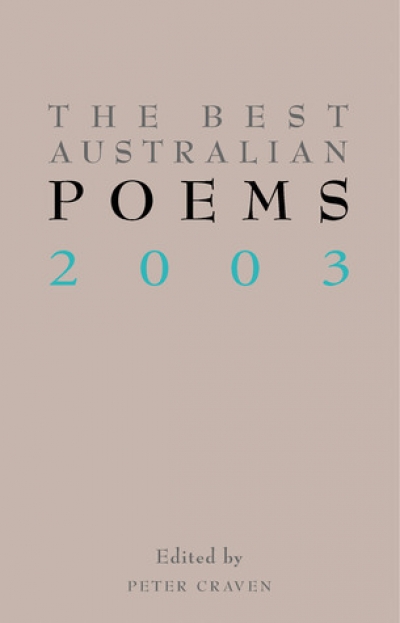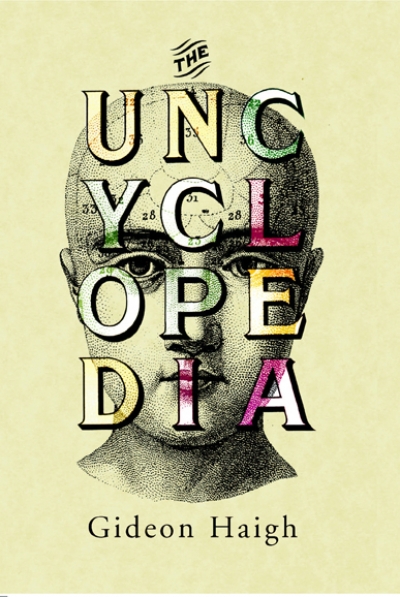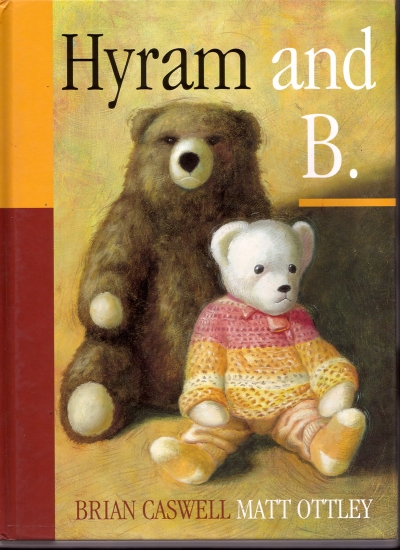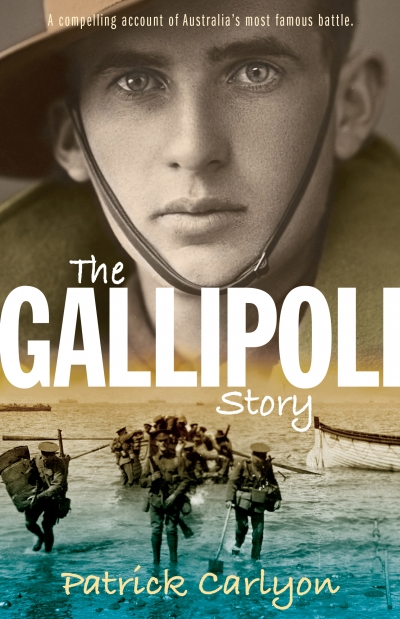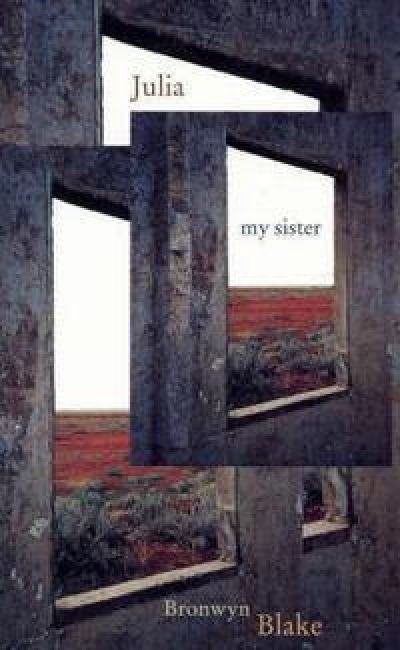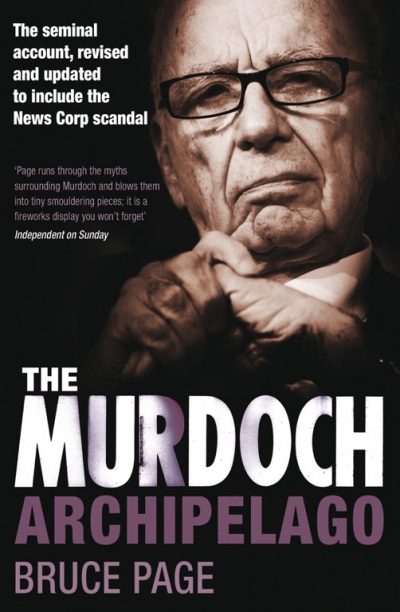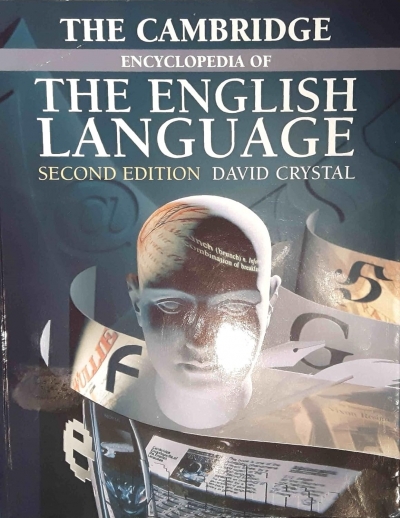Archive
The Best Australian Poems 2003 edited by Peter Craven & The Best Australian Poetry 2003 edited by Martin Duwell
by David McCooey •
The Uncyclopedia by Gideon Haigh & Names From Here and Far by William T. S. Noble
by Fred Ludowyk •
Hyram and B. by Brian Caswell, illustrated by Matt Ottley & Two Summers by John Heffernan, illustrated by Freya Blackwood
by Sherryl Clark •
The Gallipoli Story by Patrick Carlyon & Lasseter, the Man, the Legend, the Gold by Kathryn England
by Dianne Schallmeiner •
Julia My Sister by Bronwyn Blake & Thambaroo by Jane Carroll
by Robyn Sheahan-Bright •
The Cambridge Encyclopedia Of The English Language (Second Edition) by David Crystal
by Bruce Moore •
A day spent scratching civilisation’s sores –
Amnesty calls for Urgent Action;
a ministerial mouth, mean as a steel trap
closes another deluded seeker of asylum
behind barbed wire; civil liberties
are spooked by terror; girl children
trafficked to sexual servitude –
and I’m spent too. Not even that trusty spur,
the great-grandmother of my children
dead in another camp, another winter, another story,
can prick this chilled indifference to bleed –
although my mind’s rubbed raw, my heart
is dry as yesterday’s crusts.
... (read more)
